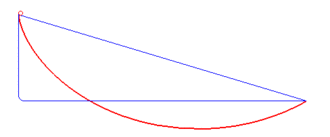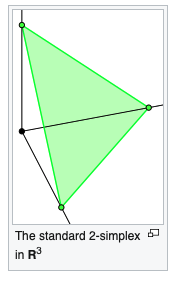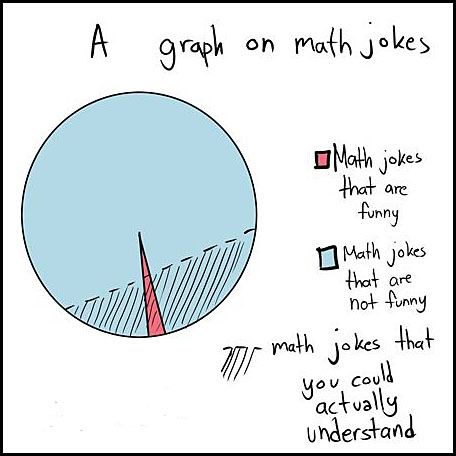Assuming that it is an inherent property, do you think the Creator of the laws of nature would violate them. As Abraham said to God regading Sodom and Gommorah, "Far be it from you to do such a thing—to kill the righteous with the wicked, treating the righteous and the wicked alike. Far be it from you! Will not the Judge of all the earth do right?” ( Bible Gateway passage: Genesis 18:25 - New International Version ) The laws in this case were moral but it seems to me that the same reasoning would apply to natural laws that were part of Creation.The 'laws of nature' are defined through repeated observation and experiment and not necessarily an inherent property of the Universe.
Upvote
0



